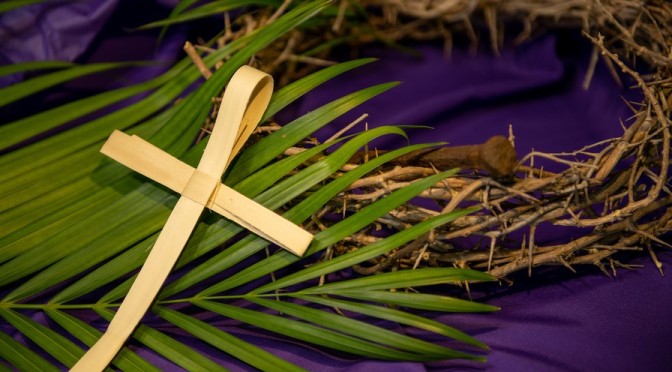In Part I of this two-parter, I introduced you to Eastern/Greek Orthodoxy and its Lent practices. The 40-day period full of prayers, fasting, charity, and confession ends with Pascha (the resurrection celebration) on May 5th. Why practice Lent? To aid in transformation and prepare for Pascha. It requires serious contemplation and sacrifice. Joanne and I are going through Lent with our oldest daughter this year for spiritual and relational health. How’s it going? You’ll find out as we look at each area, starting with food fasting.
Fasting food. The Lent calendar calls for a strict vegan diet that allows fish twice. We tried—honest! But Joanne is a meat-and-potatoes person and doesn’t like fish. Like her, I need protein! This fast was a shock, and we ditched it after a week. We failed abysmally here but did much better with fasting alcohol.
Fasting wine. We’re allowed to have wine on the weekends. Joanne makes excellent wine, which we often enjoy on our back porch. This fast was sacrificial but physically and spiritually healthy. We were more successful here than with the food fast and will continue the rhythm after Lent.
Scripture reading. We have shared devotional time praying and Bible reading for a very long time. However, the rhythm became choppy after moving to Taylor five years ago. Engaging in daily Bible readings and contemplation has energized the cadence.
Praying. We pray regularly and often, so this was easy. But, as with Bible reading, it was nice to resume a daily rhythm of praying together. How do we pray? According to Jesus’ model, we adore the Father and confess our sins for forgiveness. Our prayers are full of thanksgiving for all He has done, is doing, and will do. Lastly, we spend much time praying for others’ health, healing, and well-being as precisely as possible.
Charity. This, too, was easy for us because we’re charity-minded throughout the year. Why? Well, the practice of actionably loving people proves our love for God and is a standard by which we’ll be judged at the end of this world (e.g., John 13:35; James 2:14-26; Matthew 25:31-46). Sometimes, we give time. Often, we offer material goods or money. The point is to meet people where they are, understand their needs, and respond as we can.
All in all, our Lent season was productive and relational—with God and our daughter. The idea was (and is) to develop a better rhythm of praying, giving, studying, and fasting because these practices are of Christian importance, even beyond Lent. Try them out to experience God intimately and in a new way while improving physical, mental, emotional, and spiritual health. What’s next? I’ll introduce you to my dog, Aragon, and explain how we should be more like him in our relationship with God. Meanwhile, religion is acceptable, but obediently being pure, charitable, and transformed is better!
Blessings and peace,
Dr. Ron Braley, MDiv, DMin.

